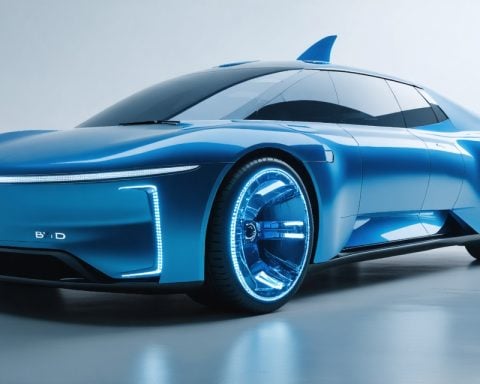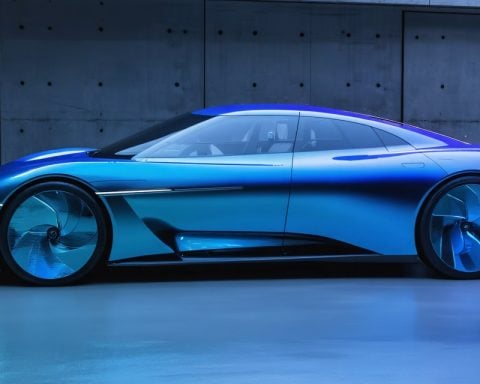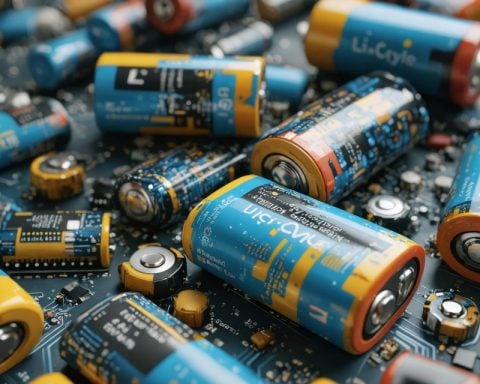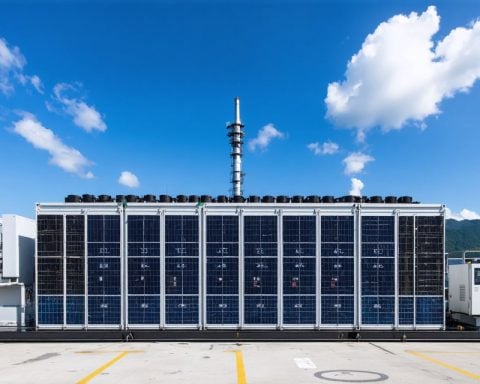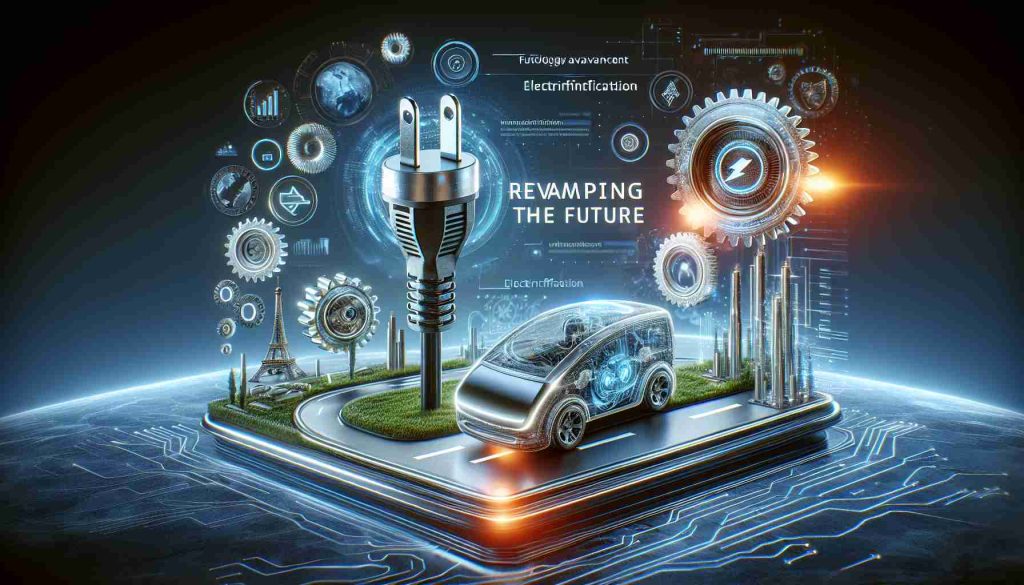- The Uttar Pradesh government eliminated the registration tax on hybrid cars starting July 2024, significantly reducing prices by up to ₹2.5 lakh.
- This policy led to a dramatic increase in hybrid car sales, rising from under 500 to nearly 2,000 units, highlighting hybrid technology’s potential.
- Manufacturers like Toyota, Maruti, and Honda benefit, while companies focusing on electric vehicles, such as Tata Motors and Mahindra, express concerns.
- The move has sparked nationwide discussions and interest in similar incentives across other states.
- The debate between supporting hybrid versus electric vehicles intensifies, shaping the future of India’s automotive industry.
- There’s a key question on whether the government will extend the tax waiver to other regions, influencing emissions and consumer trends.
The hum of India’s automotive industry has taken a greener turn. Against a backdrop of swirling debates about fuel and technology, the Uttar Pradesh government’s decision to eliminate the registration tax on hybrid cars in July 2024 has sparked a seismic shift. This bold move slashed prices of popular hybrid models by up to ₹2.5 lakh, and as the dust begins to settle, the results offer an electrifying revelation.
Prior to the tax waiver, manufacturers like Toyota, Maruti, and Honda faced an uphill battle with hybrid sales barely cresting 500 units. The status quo seemed immutable—until the government’s announcement jolted the market. Sales of strong hybrid vehicles skyrocketed to nearly 2,000 units, a remarkable testament to the untapped potential of hybrid technology.
Enthusiasts and environmentalists alike cheered as cleaner, more efficient cars found new homes on Indian roads. The windfall for hybrid vehicles sparked discussions nationwide, with whispers of similar incentives potentially sweeping across other states. However, not everyone is celebrating. Behemoths such as Tata Motors and Mahindra express concerns that championing hybrids might overshadow the electric future they’re fervently building towards.
As the hybrid versus electric debate accelerates, there’s a crucial question on the horizon: Should the government extend this tax waiver nationwide? The answer, cloaked in emissions statistics and consumer demands, holds the power to shape the future of India’s automotive landscape. Yet, one thing is certain—Uttar Pradesh’s initiative has thrown open the gateway to greener roads, and India’s consumers are eager to traverse them.
Unlocking the Future: Hybrid Cars Spark a Green Revolution in India’s Auto Market
How-To Steps & Life Hacks for Hybrid Car Buyers
1. Research Available Models: Investigate popular hybrid models from brands like Toyota, Maruti, and Honda. Compare their features, specifications, and pricing.
2. Understand Hybrid Technology: Learn how hybrid engines work, focusing on the benefits of fuel efficiency and reduced emissions.
3. Consider Long-Term Savings: Although the upfront cost is often higher, calculate the total cost of ownership, including fuel savings and maintenance over a few years.
4. Evaluate Incentives: Look for governmental incentives beyond Uttar Pradesh, like registration tax waivers, that might be available in other states.
5. Test Drive: Experience the hybrid vehicle first-hand to assess comfort, handling, and the transition between electric and gasoline power.
Real-World Use Cases
– City Commuters: Hybrids are ideal for stop-and-go traffic, where regenerative braking and electric motors excel in fuel efficiency.
– Environmentally Conscious Drivers: Those wanting to reduce their carbon footprint will appreciate hybrids for their lower emissions.
Market Forecasts & Industry Trends
– Hybrid vehicle sales are expected to rise significantly, with an estimated annual growth rate of 20% in the Indian market by 2025. Global trends suggest a gradual shift towards hybrids as a step before full electric adoption (Source: International Energy Agency).
Reviews & Comparisons
– Toyota: Known for reliability and advanced hybrid technology, the Prius remains a top choice globally.
– Maruti Hybrid: Offers more affordable options with decent mileage for budget-conscious buyers.
– Honda Hybrid: Stands out for its design and seamless integration of hybrid systems.
Controversies & Limitations
– Electric Car Advocates’ Concerns: There is an ongoing debate that promoting hybrids may detract from investments in fully electric vehicles, which are ultimately more sustainable.
– Infrastructure Challenges: Hybrid cars still require a mix of fueling stations and charging ports, posing a challenge until more electric infrastructure is developed.
Security & Sustainability
– Battery Recycling: Hybrid cars use lithium-ion batteries like electric vehicles, necessitating sustainable recycling practices to avoid environmental repercussions.
Insights & Predictions
– With governmental support, hybrid vehicles could dominate the Indian market within the next five years, acting as a bridge towards a fully electric future by 2030.
Pros & Cons Overview
Pros:
– Improved fuel efficiency
– Lower emissions
– Tax incentives reducing cost
Cons:
– Higher initial cost compared to standard petrol/diesel vehicles
– Limited infrastructure for maintenance outside major cities
Actionable Recommendations
– Stay Informed: Monitor government announcements for further incentives or tax benefits.
– Join Local Hybrid Car Communities: Sharing experiences and tips with other owners can help optimize hybrid ownership benefits.
For more insights into the automotive industry globally, visit the Toyota and Maruti Suzuki websites.
In conclusion, while the hybrid market in India is currently experiencing a boom, strategic planning, insightful purchasing, and keeping an eye on environmental benefits are crucial for those looking to invest in this green revolution.




